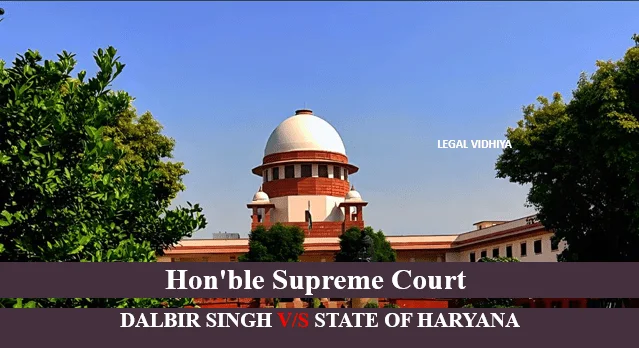So, you’ve come across “https 13.233 184.93 Haryana,” and you’re wondering what it means.
It sounds like it might be an IP address or URL mixed with a location, but what’s the real story?
Let’s break it down together and see how this might be relevant to your day-to-day.
The Basics: What is “https 13.233 184.93 haryana”?
Let’s start with the “https” and the numbers that follow.
In tech talk, “https 13.233 184.93 haryana” usually stands for a secure web protocol.
The numbers here resemble an IP address, specifically https 13.233 184.93 haryana.
This type of IP is linked to an online location, like a website or server.
But why Haryana?
Haryana could point to a specific location associated with this IP, maybe even a server in Haryana, India.
Does that make sense?
You’re basically looking at a digital footprint leading back to somewhere in Haryana.
Why Would You Bump Into This?
You might be asking yourself, “Why should I care about https 13.233 184.93 Haryana?”
This could pop up in your life for a few reasons:
- Curiosity: Maybe you’re researching for a project.
- Technical Needs: Could be you’re configuring something on a network.
- Security: You could be checking the safety of a website linked to this IP.
This combination might look odd, but if you think about it, every online action leaves a trail, and IP addresses are part of that breadcrumb trail.
What Can You Do with This Information?
Knowing what “https 13.233 184.93 Haryana” is can help in various ways. Here’s how it might be useful:
- Check Website Origin: This IP can give you insights into where a website or server is hosted.
- Network Troubleshooting: If you’re seeing this while troubleshooting, it could indicate where issues are popping up.
- Online Safety: Verify if a website is secure or sketchy based on its IP location.
When you know where something originates, you can make better decisions.
In this case, seeing Haryana associated with an IP might indicate a regional focus or service.

Is It Safe to Interact with?
Safety always comes first online, right?
If you’re concerned about this IP being safe, here’s a quick checklist:
- Use an IP Checker: Many tools can tell you if this IP has been flagged for suspicious activity.
- Look for HTTPS: HTTPS sites are generally secure, as they encrypt your data.
- Consider Context: If this popped up during regular browsing, it might be safe. But if you got it from a strange link, think twice.
Remember, online safety often comes down to being cautious and staying informed.
How Can You Track IP Details?
You can get more details about an IP by using online tools. Here’s how you can do it:
- IP Lookup Tools: Websites like IPinfo and Whois can reveal details about an IP address.
- Location Insight: You might find that this IP is linked to a specific provider or location in Haryana.
- Assess Activity: These tools can show if the IP has been involved in any weird activity.
It’s easy to feel overwhelmed by tech details, but you don’t need to be a pro to gather basic info. These tools make it simple.

Let’s Wrap It Up with FAQs
Q: Is “https 13.233 184.93 Haryana” an actual website?
No, this seems more like an IP address than a full website.
However, it could be part of a larger site’s infrastructure.
Q: How can I tell if this IP is linked to a secure site?
Look for HTTPS in the URL, and consider running an IP check.
This can tell you if the IP is associated with a trusted entity.
Q: What do I do if I think this IP is involved in suspicious activity?
You can report it to your network administrator or use an IP reporting tool.
These tools let you flag potentially harmful IPs.
Q: Why would an IP be linked to Haryana?
This could mean the server or site owner is based in Haryana, or the IP is registered in that region.
It’s not uncommon for IP addresses to tie back to specific locations.
So there you have it: a deep dive into the world of “https 13.233 184.93 Haryana.”
Whether you’re just curious or need this info for a project, now you know what it is and how to navigate it.
And remember, always stay cautious online – it’s better to be safe than sorry!





